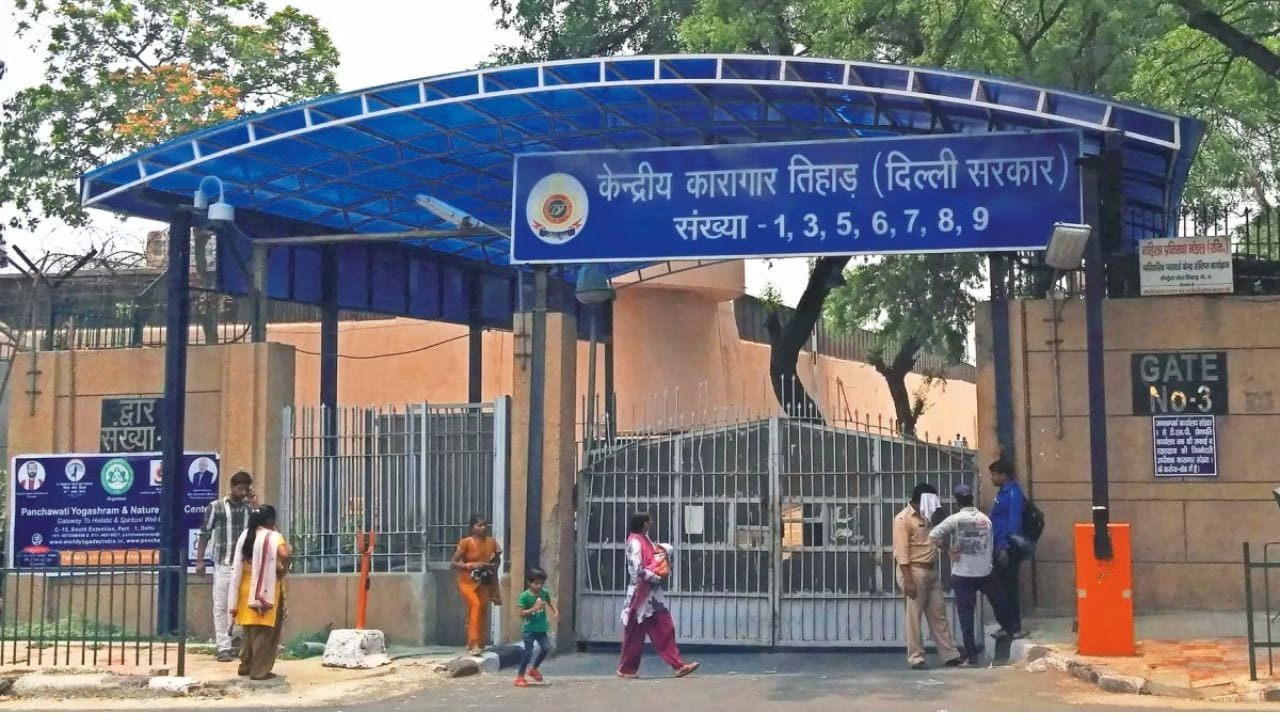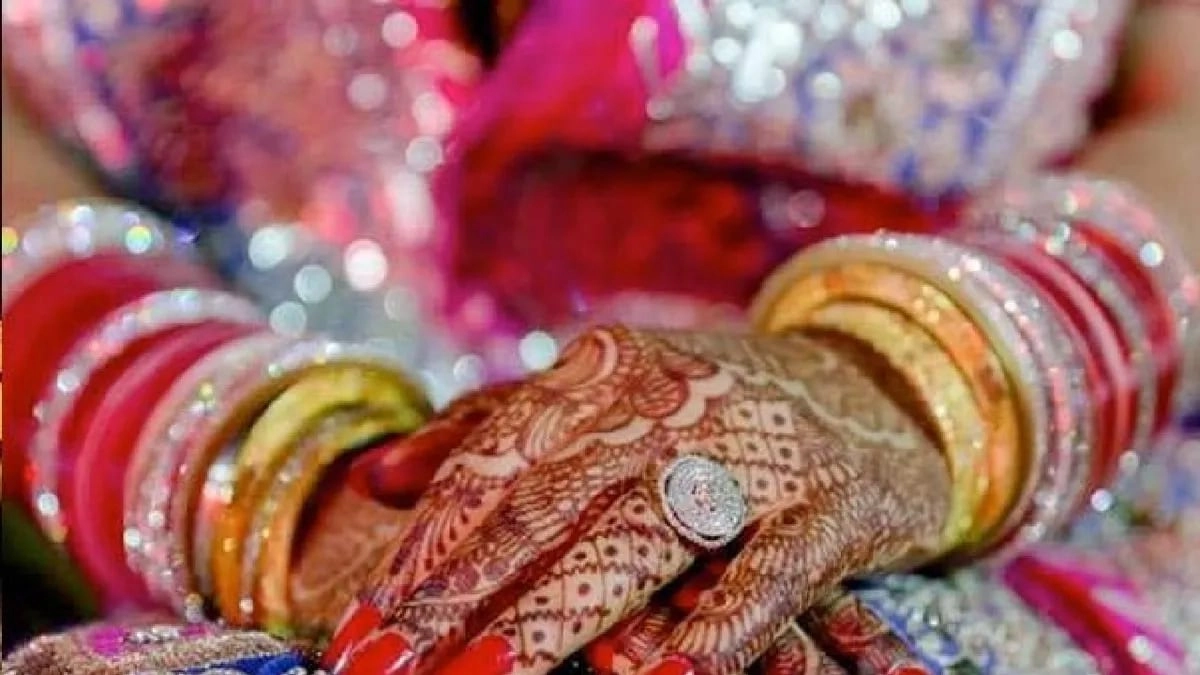The recent petition concerning the graves of Afzal Guru and Maqbool Bhat has reignited a significant debate in the Indian legal and political landscape, drawing attention to issues of justice, memory, and the complexities surrounding the Kashmir conflict. Twelve years have passed since Afzal Guru, convicted for his involvement in the 2001 Indian Parliament attack, was executed and subsequently buried in Tihar Jail. Similarly, Maqbool Bhat, a prominent figure in the Kashmir separatist movement, was executed in 1984, and his remains also lie in the same prison. The timing of this plea, which seeks to address the location and handling of their graves, raises critical questions about the ongoing struggles related to identity, nationalism, and the remembrance of those who have been deemed martyrs by some and terrorists by others.
The High Court’s involvement in this matter underscores the complexities of legal interpretations surrounding burial sites, particularly for individuals whose lives and deaths have become intertwined with political narratives. The petition may reflect a broader societal desire to confront the legacies of violence and resistance that these figures symbolize within the Kashmir conflict. For many in the region, Afzal Guru and Maqbool Bhat embody the struggles faced by those advocating for self-determination and rights within a contested territory. However, the state’s response to these figures often oscillates between denial and repression, making the legal examination of their graves a sensitive and contentious issue.
Moreover, this plea not only highlights the personal stories behind these historical figures but also invites a reflection on the collective memory of conflict in Kashmir. As society grapples with the aftermath of decades of violence, the handling of the graves may serve as a litmus test for how the state reconciles with its past. The High Court’s deliberation on this matter could potentially open up discussions about the rights of individuals, the state’s responsibilities toward its citizens, and the broader implications for peace and reconciliation in a region fraught with division. The questions posed by the plea resonate beyond the immediate legal context, touching upon themes of justice, identity, and the enduring impact of history on contemporary society.
In essence, the inquiry into the graves of Afzal Guru and Maqbool Bhat represents a pivotal moment for both the judiciary and the public. It challenges prevailing narratives and urges a reconsideration of how society remembers and honors those who have been embroiled in the tumultuous history of Kashmir. As the High Court prepares to address this plea, it highlights the urgent need for a dialogue that encompasses multiple perspectives, aiming to foster understanding and healing in a region still grappling with the scars of its past. The outcome may not only affect the families of the deceased but could also influence the broader dynamics of reconciliation and justice in Kashmir.




